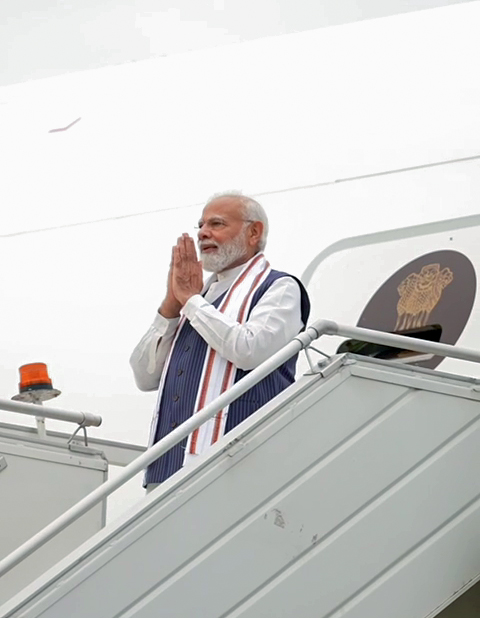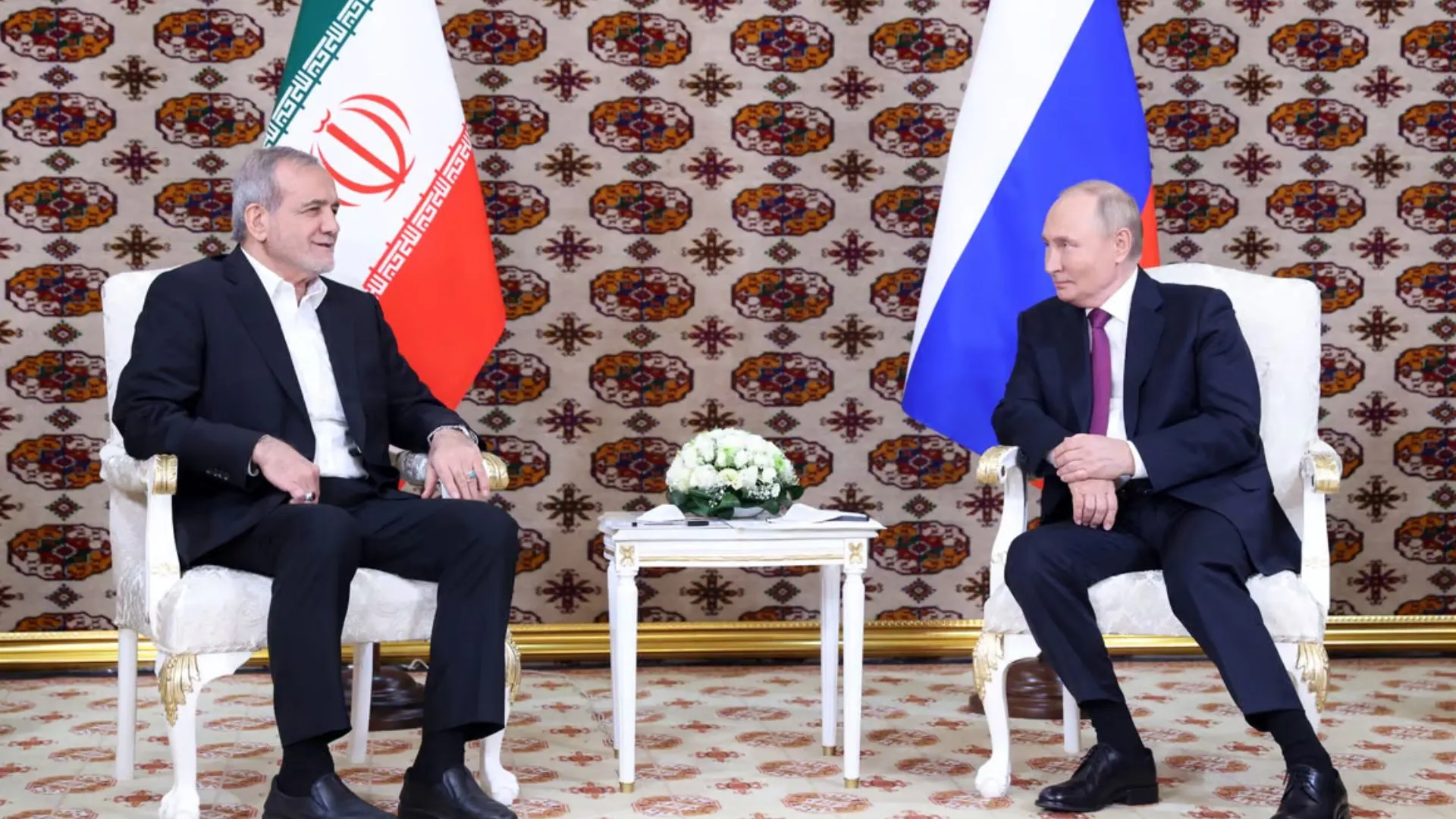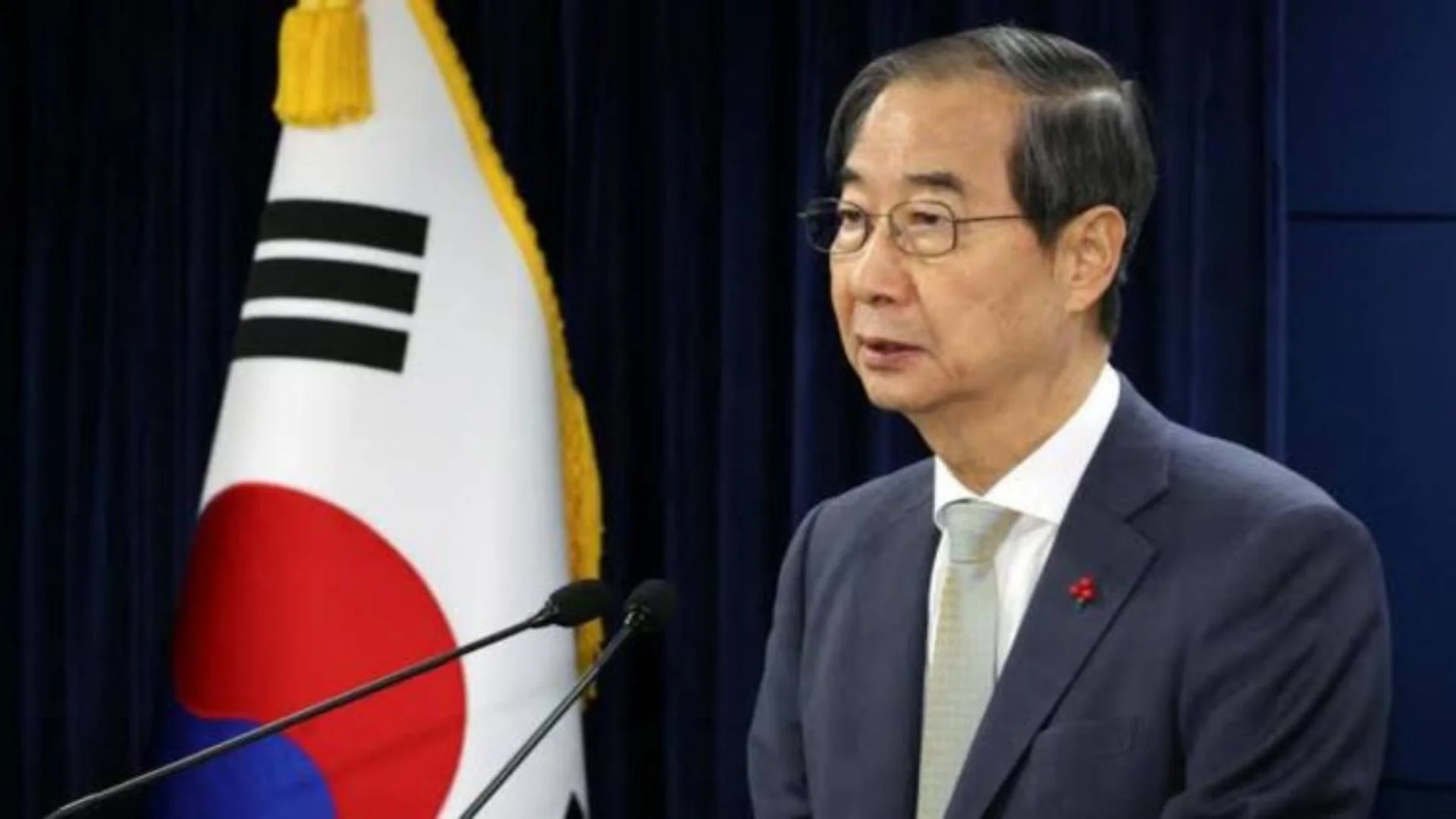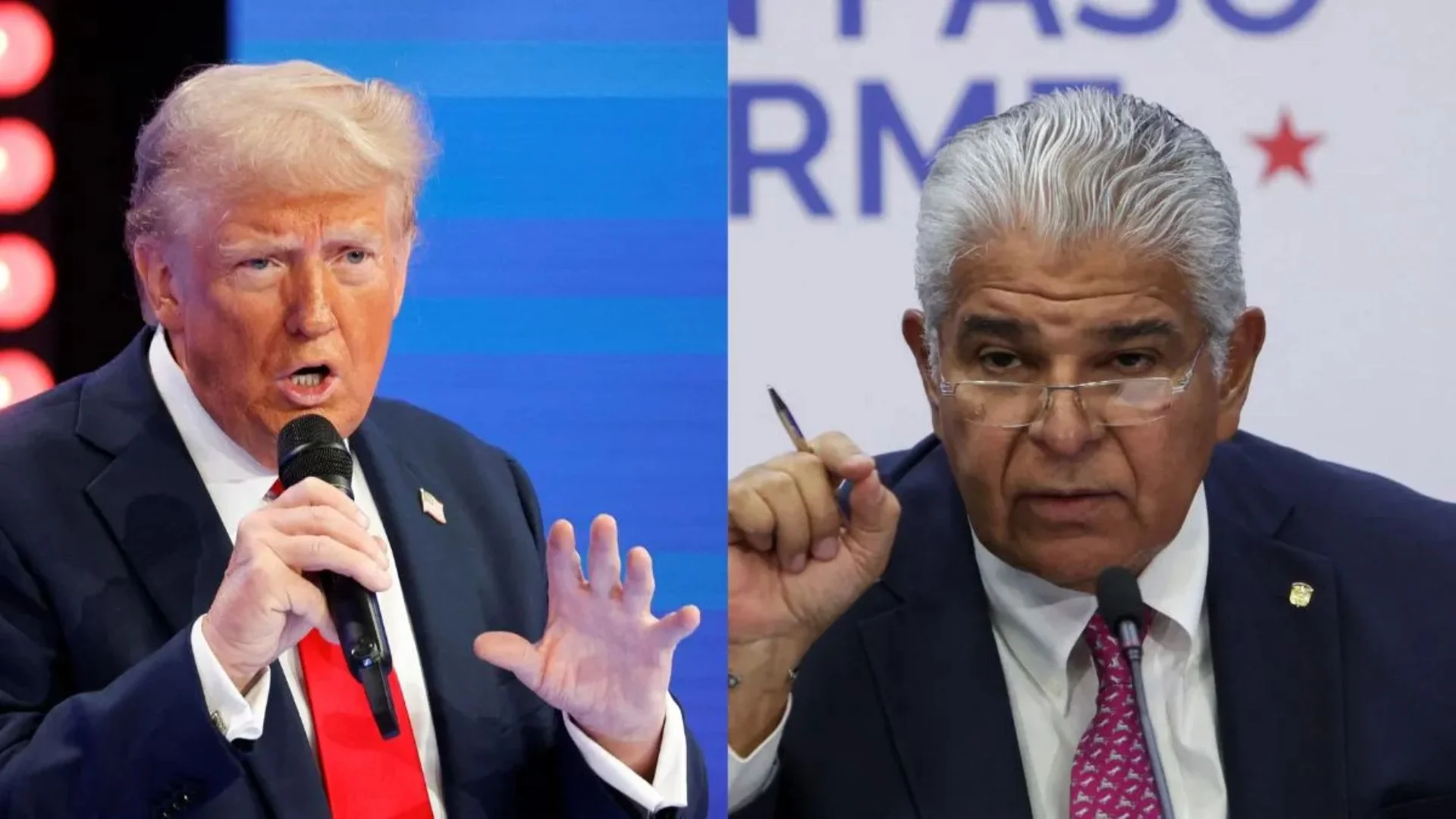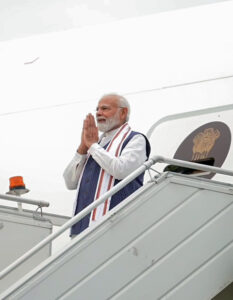Prime Minister Narendra Modi’s State visit to the US at the invitation of President Joe Biden is a powerful signal that the future of the two countries is together. President Biden is poised to continue the upward trajectory of relations between India and the US. This is evident from his record as Vice President in the Obama administration when he demonstrated his sensitivity to Indian concerns and encouraged a growing bilateral relationship. Throughout his long career in Washington, he also cultivated important friendships in the Indian American community, a constituency whose political engagement and impact have grown with each passing election. This can be clearly seen as his running mate and now Vice-President Kamala Harris who is of Indian origin. This provides hope to India that Biden truly trusts his relationship with India and will take the bilateral relations to greater heights. Biden has also surrounded himself with many Indian Americans at high positions. Joe Biden has over 30 of them in important posts, while Trump had less than a dozen. The Biden electoral campaign clearly displayed intention to work with India to support a rules-based and stable Indo-Pacific region.
Biden and Modi agreed to continuing close cooperation to promote a free and open Indo-Pacific, including support for freedom of navigation, territorial integrity, and a stronger regional architecture through the Quad. The President underscored his desire to defend democratic institutions and norms around the world and noted that a shared commitment to democratic values is the bedrock for the US-India relationship. This gives India a positive sense of hope that this relation is on the path of growth. The Biden administration is unlikely to reverse many of the gains in India-US ties that were made under the Trump administration. Defence cooperation pacts like the Communications Compatibility and Security Agreement (COMCASA), Industrial Security Annex (ISA), voluminous arms sales agreements and joint military exercises signal the growing proximity of the two nations in the security realm.
Released in October 2022, this strategy document highlights a community of nations, including India, that share the United States’ vision for an international order. The strategy emphasizes the necessity of addressing the shortcomings of the existing order and countering attempts by some states to promote a less open and free model. In pursuing a double track approach, the United States aims to cooperate with any country that is willing to work constructively on shared challenges, while also deepening cooperation with democracies and like-minded states. In the document, the United States recognizes India’s significant role as the world’s largest democracy and a Major Defense Partner of the United States. India is seen as a key partner in advancing a free and open Indo-Pacific. The document outlines the commitment of the two countries to work together bilaterally and multilaterally to support their shared vision.
India did not join the United States in condemning or sanctioning Russia for its invasion of Ukraine in February 2022. India has a legacy defense relationship with Russia, with nearly 60% of its defense inventory still of Russian origin. This is despite diversification efforts over the past two decades and increasing purchases from the United States, France, and Israel. In the past, the Soviet Union and then Russia provided political support to India when it was under pressure from the West and opposed US-led sanctions against India following nuclear tests in 1998.
Following the invasion of Ukraine in 2022, the United States showed an understanding for India’s compulsions. US Secretary of State Antony Blinken recognized that India’s relations with Russia had developed when the United States was “not able to be a partner to India.” He further asserted that the “times have changed” and that the United States is now “able and willing to be a partner of choice with India across virtually every realm–commerce, technology, education, and security.” US National Security Adviser Jake Sullivan said that with India, the United States was “playing the long game.” India has also repeatedly expressed support for the “territorial integrity and sovereignty” of countries, an indirect criticism of Russia’s actions. In a meeting with Russian President Vladimir Putin, Modi said that “today’s era must not be of war,” a comment widely and approvingly noted globally.
The United States’ decision to withdraw from Afghanistan by the end of August 2021 caused anxiety in India with the inevitable prospect of a Taliban takeover and the attendant possibilities of Afghanistan- and Pakistan-based terrorism finding even more fertile soil and exploitation by Pakistani agencies for anti-India activity. There was, however, recognition of the fatigue in US society and body politic from extended overseas military engagements. India also moved deftly amid the flux to establish a liaison presence in Kabul to continue with its humanitarian assistance. There have been reports of differences between the Taliban and the Pakistani establishment, including on the Tehrik-e Taliban Pakistan. There have also been no reports so far of any major Afghanistan-based terrorism directed against India.
There was also unease in India over the United States’ decision to authorize a $450 million sustainment package with Pakistan for F-16s, which have been used against India. From its perspective, the United States wants to sustain some ability to communicate effectively with the Pakistani leadership, particularly in the army. Additionally, from a strategic and commercial standpoint, the United States wants the ability to sustain the efficacy of the platforms it has supplied in the past. This is clearly an area where the two countries will disagree, but there is sufficient dynamic in the overall relationship to deal with this hurdle.
On issues such as immigration and visa, Biden will implement changes that support and recognise that “Immigrants bring tremendous economic, cultural, and social value to their new communities.” Biden will support expanding the number of high-skilled visas and eliminating the limits on employment-based visas by country, which create unacceptably long backlogs. This might be a big relief to India as most of the H-B1 visa holders are Indians and thus reduce India’s tension with US on visa issues.
Another field where there maybe be further development between the two countries is climate change, an area which took a setback under Trump. US has joined the Paris Agreement and this is a good sign as both the countries can now work together to tackle climate related issues. Climate change and energy-related issues are expected to be an important part of the cooperation between the two countries.
Biden has always recognised the importance of having India as an ally and collaborating on issues like security, environment, trade etc., which are all critical for the economic growth of India and the US. Biden may overturn some economic decisions taken by Trump. Biden has signaled his intention to rebuild the American manufacturing base and may seek to drive down the persistent US-India trade imbalance. One good thing is that there will be stability in Biden’s policies unlike Trump and that works well for India-US relationship.
Modi’s State visit to Washington will also be a celebration of the breadth of the India-U.S. relationship. The Indian diaspora in the United States is now estimated to be more than 4 million, the largest single-country presence of persons of Indian origin. Indian Americans occupy key positions in the administration, Congress, and business. Trade between the two countries reached $191 billion in 2021–2022, and the United States has become India’s largest trading partner.
The broad contours of the India-US bilateral relationship are likely to stay unchanged under a Biden administration as a bipartisan consensus on India policy has existed in Washington over the past few years. Consequently, India is gradually inching towards becoming a key strategic partner of the US. Also, another important aspect of this relationship which is yet to develop is the personal ties between Biden and Modi. Such personal relationships are very important for any foreign relation policies and they carry the weight to develop relations even further. The India-US relations under the Biden administration is in embryonic stage, and it is to be seen how the relation moves forward.
Dr S. Krishnan is an Associate Professor in Seedling School of Law and Governance, Jaipur National University, Jaipur.

